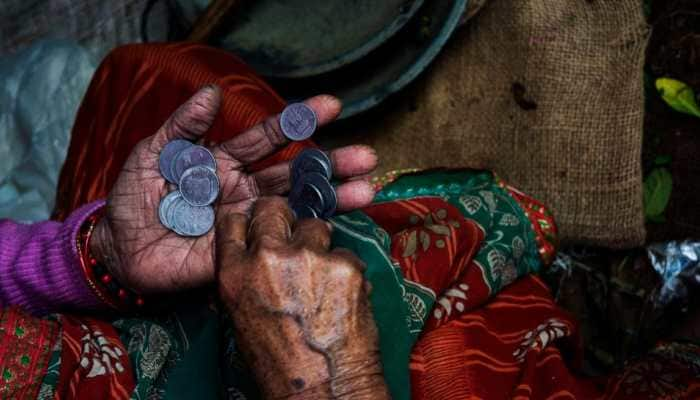RBI hardens on digital lending apps; issue tighter rules to protect customers
While issuing the circular on Wednesday, RBI stated that recently, innovative methods of designing and delivery of credit products and their servicing through Digital Lending route have acquired prominence.
- RBI issued guidelines on digital lending to protect borrowers.
- It is now prohibited to automatically increase the credit line automatically without borrower’s consent.
- Data collected by DLAs should be need based, have clear audit trails and be only done with prior explicit consent of the borrower.
Trending Photos
) File Photo
File Photo New Delhi: Reserve Bank of India (RBI) issued guidelines on digital lending to strengthen credit system and financial environment of the country. Digital lending has long been plagued with exorbitant interest rates, violation of data privacy, aggressive recovery practice, and fraud. With the expansion of internet, third-party lending apps have popped up in India providing immediate, cheap, and paperless loans.
(ALSO READ: Samsung Galaxy Z Fold 4, Galaxy Z Flip 4 pre-booking in India starts from August 16 - Big offers and more)
While issuing the guideline circular on Wednesday, RBI stated that recently, innovative methods of designing and delivery of credit products and their servicing through Digital Lending route have acquired prominence. However, certain concerns have also emerged which, if not mitigated, may erode the confidence of members of public in the digital lending ecosystem. The concerns primarily relate to unbridled engagement of third parties, mis-selling, breach of data privacy, unfair business conduct, charging of exorbitant interest rates, and unethical recovery practices.
(ALSO READ: ICICI Bank share price rises to record high, market-cap hit Rs 6 lakh crore)
It is to be noted that RBI had constituted a working group on ‘digital lending including lending through online platforms and mobile apps’ (WGDL) on January 13, 2021. The report submitted by the WGDL was placed on RBI website, inviting comments from stakeholders and public. Considering the inputs received from diverse set of stakeholders, a regulatory framework to support orderly growth of credit delivery through digital lending methods while mitigating the regulatory concerns, has been firmed up.
RBI has divided digital lenders into three broad categories. Only first and second categories have the permission to disburse credit through digital system in India. These entities are either regulated by RBI or get approval from RBI to carry out lending businesses. Entities lending outside the purview of any statutory/ regulatory is a bone of concern. WGDL has recommended specific legislative and institutional interventions for consideration by the Central Government to curb the illegitimate lending activity being carried out by such entities.
RBI mentioned in the guidelines that any loan disbursement must be happened only between borrower’s bank account and the RE (regulated entities) without any third-party pass through. Besides, any fees and charges paid in the intermediate charges must bear by the RE, not the borrowers.
It is now prohibited to automatically increase the credit line without borrower’s consent. As per extant RBI guidelines, if any complaint lodged by the borrower is not resolved by the RE within the stipulated period (currently 30 days), he/she can lodge a complaint under the Reserve Bank – Integrated Ombudsman Scheme (RB-IOS).
To regulating digital lending apps (DLAs), RBI stated that Data collected by DLAs should be need based, have clear audit trails and be only done with prior explicit consent of the borrower. Moreover, customers must have an option to deny or accept the consent of sharing sensitive information with DLAs, including option to revoke previously granted consent, besides option to delete the data collected from borrowers by the DLAs/ LSPs.
Stay informed on all the latest news, real-time breaking news updates, and follow all the important headlines in india news and world News on Zee News.
Live Tv







)
)
)
)
)
)
)
)
)
)
